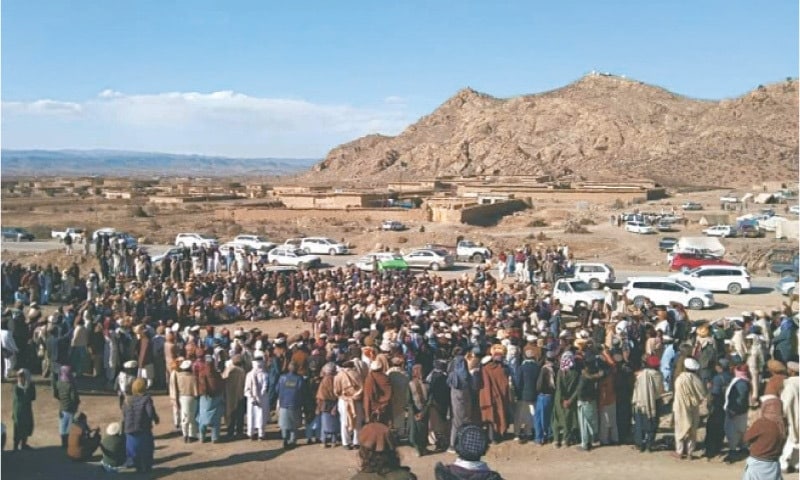SOUTH WAZIRISTAN: The Angoor Adda Gate, a key border crossing point located along the Pakistan-Afghanistan frontier, has remained completely closed for commercial activities for the past 21 months, largely due to poor planning and ineffective policies by both federal and provincial governments.
This extended closure has caused severe economic distress in the region, leaving thousands of people unemployed and bringing local trade to a standstill.
The suspension of trade through this strategic border point has had far-reaching consequences. Small and medium enterprises (SMEs), local traders, transporters, and daily wage earners — all dependent on cross-border commerce — are now struggling to survive. The economic paralysis has pushed many families into poverty, with billions of rupees in estimated financial losses already incurred.
According to Saif-ur-Rehman, President of the South Waziristan Chamber of Commerce and Industry, the closure has not only devastated the economy of Waziristan, but has also had a ripple effect in nearby districts such as Tank and Dera Ismail Khan (D.I. Khan). These areas, already underdeveloped, heavily relied on border trade for income, employment, and supply chains.
“The situation is critical. Local businesses have been wiped out. National revenue has taken a hit in the billions, and yet there has been no serious move from the authorities to reopen the border,” said Saif-ur-Rehman.
Despite repeated promises and verbal commitments by government officials, no practical or long-term solution has been introduced to restore trade. Local traders and the business community have held multiple protests and meetings, but their concerns have largely been ignored.
Moreover, this continued shutdown has not only affected commerce but also undermined trust in the state’s commitment to regional development. Residents argue that border areas like Angoor Adda are already neglected in terms of infrastructure and public services, and the closure of such a vital economic corridor only deepens their isolation and marginalization.
Many in the region now fear that if trade is not resumed soon, the long-term economic damage could be irreversible, leading to increased unemployment, migration, and even instability, as frustration and hopelessness grow among the affected population.
The business community has once again urged the government to take immediate, concrete steps to reopen the Angoor Adda Gate for trade and to introduce a clear border trade policy that ensures continuity, transparency, and mutual benefit for both countries.
Read also: Government officials visit North Waziristan to evaluate security situation





